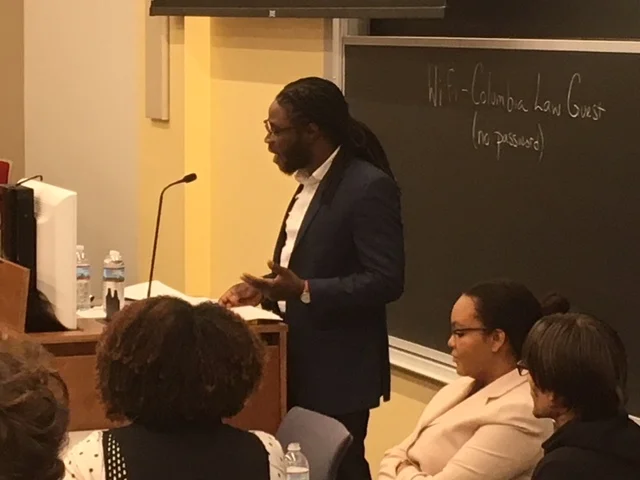Teaching Philosophy
Most students entering college today will have had the experience of witnessing the first African-American president and the legacy of the Civil Rights movement paying dividends for lesbians, gays, bisexuals and transgender Americans. As a historian, I believe the trans-Atlantic antislavery movements of the 19th century are part precursors to these and movements like Black Lives Matter. However, how do I deploy this insight to bear on my students’ learning? How do I convey to them that they, too, can be agents and interpreters of change over time? I try to impress on students that history can help them answer these questions and in making sense of the future they want to inherit.
One of the best practices about being a historian and professor is the cultivated joy that I get from being in conversation and in dialogue with smart, curious students and colleagues who know a lot about a lot of things. The diversity of students and scholars in the liberal arts setting enriches my pedagogical practices through engagement with philosophers, historians, anthropologists, psychologists, social scientists, artists and natural scientists. The sum of this is a compendium of knowledge production and regenerative possibilities for intellectual growth.
Working Syllabus
Historical Thought & Methods: Approaches to Writing, Thinking, and Questioning History
Transatlantic Crossings: The Black Radical Tradition in U.S Transnational History

